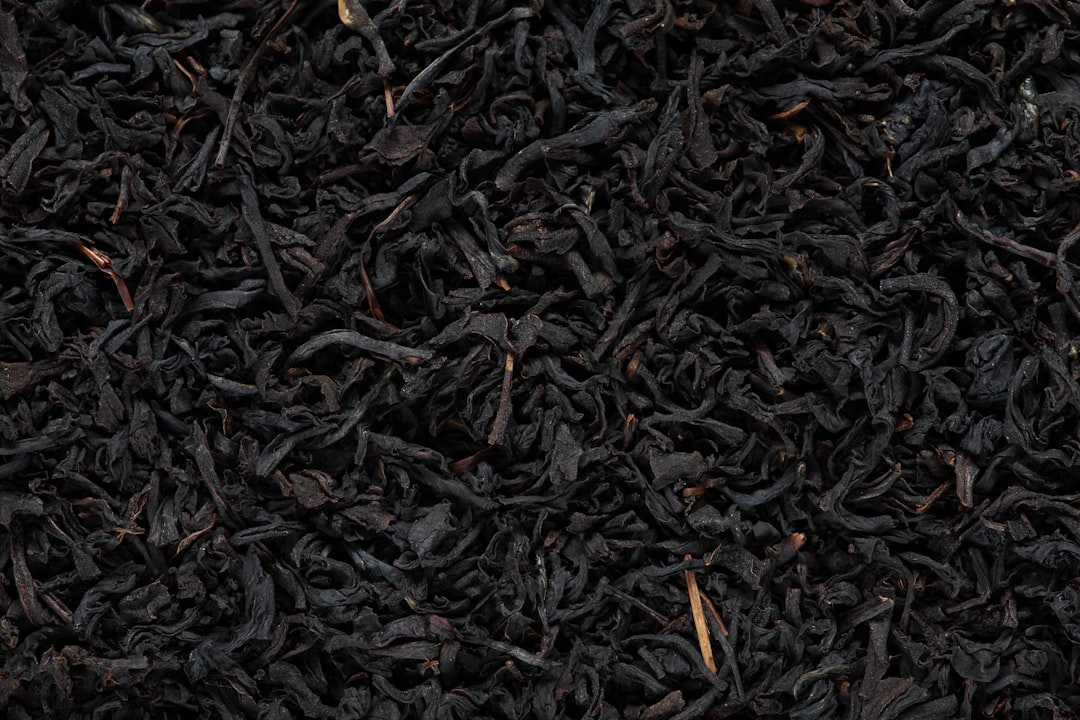Discover the benefits of compost tea and how it can nurture your plants with organic goodness
Compost is a gardener’s best friend, but have you ever considered making your compost go further? Enter compost tea—a liquid fertilizer packed with nutrients and beneficial microorganisms. This easy-to-make solution can supercharge plant growth, improve soil health, and naturally protect your garden against pests and diseases.
In this post, we’ll explore what compost tea is, why it’s beneficial, and how to make and use it effectively in your garden.
What Is Compost Tea?
Compost tea is a liquid extract made by steeping compost in water. This process creates a nutrient-rich solution teeming with beneficial bacteria, fungi, and other microorganisms that improve plant health and soil quality.
Unlike raw compost, compost tea provides a quick-acting boost to plants, delivering nutrients directly to their roots or leaves when applied as a foliar spray.
Benefits of Compost Tea
-
Boosts plant growth: Compost tea provides essential nutrients in a form that plants can absorb quickly, promoting vigorous growth.
-
Enhances soil health: Beneficial microbes in compost tea enrich the soil’s microbial ecosystem, improving its structure and fertility.
-
Protects against diseases: The microorganisms in compost tea can outcompete harmful pathogens, reducing the risk of plant diseases.
-
Improves nutrient uptake: Compost tea helps plants absorb nutrients more efficiently, ensuring they get the most out of the soil.
-
Environmentally friendly: It’s a natural, chemical-free alternative to synthetic fertilizers and pesticides.
How to Make Compost Tea
Making compost tea is simple and requires minimal equipment. Here’s a step-by-step guide:
What You’ll Need:
-
High-quality compost (homemade or store-bought)
-
A 5-gallon bucket
-
Non-chlorinated water (rainwater or dechlorinated tap water)
-
A mesh bag or old pillowcase (optional, for straining)
-
A stick or aerator for stirring
Steps to Brew Compost Tea:
-
Choose your compost:
-
Use mature, high-quality compost rich in organic matter and microbial life. Avoid compost that smells sour or hasn’t fully decomposed.
-
-
Fill the bucket with water:
-
Use non-chlorinated water to protect the beneficial microorganisms. If using tap water, let it sit for 24 hours to allow chlorine to evaporate.
-
-
Add compost:
-
Place 1–2 cups of compost directly into the bucket or inside a mesh bag for easier straining.
-
-
Brew the tea:
-
Stir the mixture vigorously 2–3 times a day to aerate it. Alternatively, use an aquarium pump to continuously aerate the tea. Aeration prevents anaerobic bacteria (which can harm plants) from forming.
-
Let the tea steep for 24–48 hours.
-
-
Strain and use:
-
Strain the compost tea through a mesh or cloth to remove solids. The liquid is your compost tea, and the leftover compost can be returned to your garden or compost pile.
-
How to Use Compost Tea
-
As a soil drench:
-
Pour the compost tea directly around the base of your plants to improve soil fertility and feed plant roots.
-
-
As a foliar spray:
-
Use a spray bottle or garden sprayer to apply the tea to your plants' leaves. This can help protect against pests and diseases while boosting nutrient absorption.
-
-
Frequency:
-
Apply compost tea every 1–2 weeks during the growing season for best results.
-
Tips for Success
-
Use immediately: Compost tea is best used within 4–6 hours after brewing, as its microbial life diminishes over time.
-
Avoid over-application: Too much compost tea can lead to nutrient imbalances. Use it as a supplement, not a replacement for regular compost or fertilizers.
-
Monitor plant response: Observe how your plants react and adjust the frequency or concentration of compost tea as needed.
-
Keep it clean: Clean your bucket, aerator, and sprayer thoroughly after each use to prevent the spread of harmful pathogens.
Frequently Asked Questions
1. Can I use unfinished compost to make tea?
Unfinished compost may contain harmful pathogens or weed seeds, so it’s best to use well-matured compost for safety and effectiveness.
2. Can I store compost tea?
Compost tea is most effective when fresh. If necessary, store it in a sealed container in a cool, dark place for up to 24 hours, but its potency will decline.
3. What plants benefit most from compost tea?
Almost all plants can benefit, but it’s particularly helpful for vegetables, fruits, flowers, and ornamentals that thrive on nutrient-rich environments.
Conclusion
Compost tea is a simple, natural way to boost plant growth and soil health. By brewing this liquid gold in your own backyard, you can nurture your garden with an eco-friendly solution that’s good for both your plants and the planet.
Ready to give it a try? Grab some compost, a bucket, and some water, and start brewing your way to a thriving garden!
Have you used compost tea in your garden? Share your experiences or tips in the comments below!

Comments
No comments yet. Be the first to comment!
You must be logged in to comment. Login